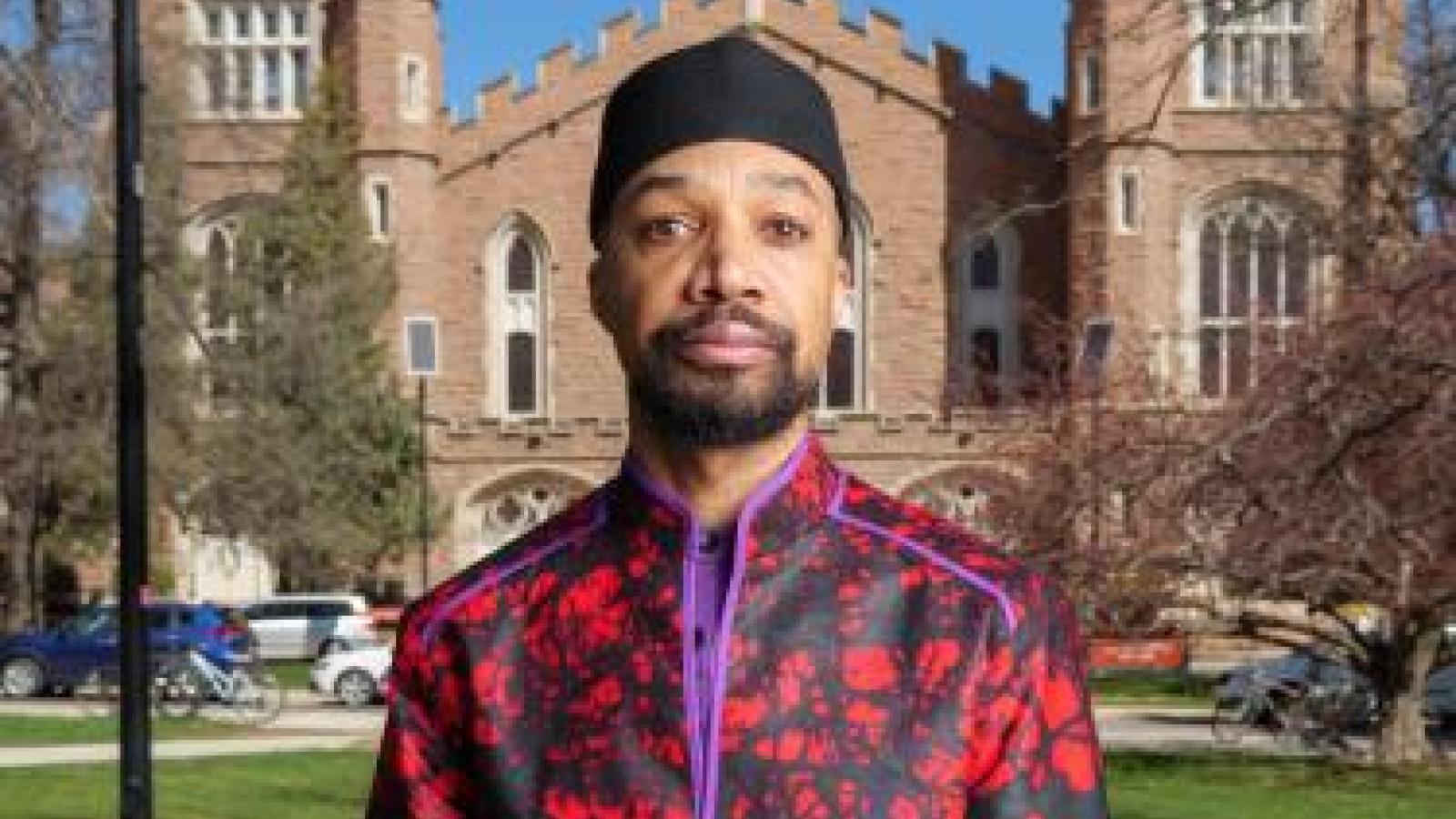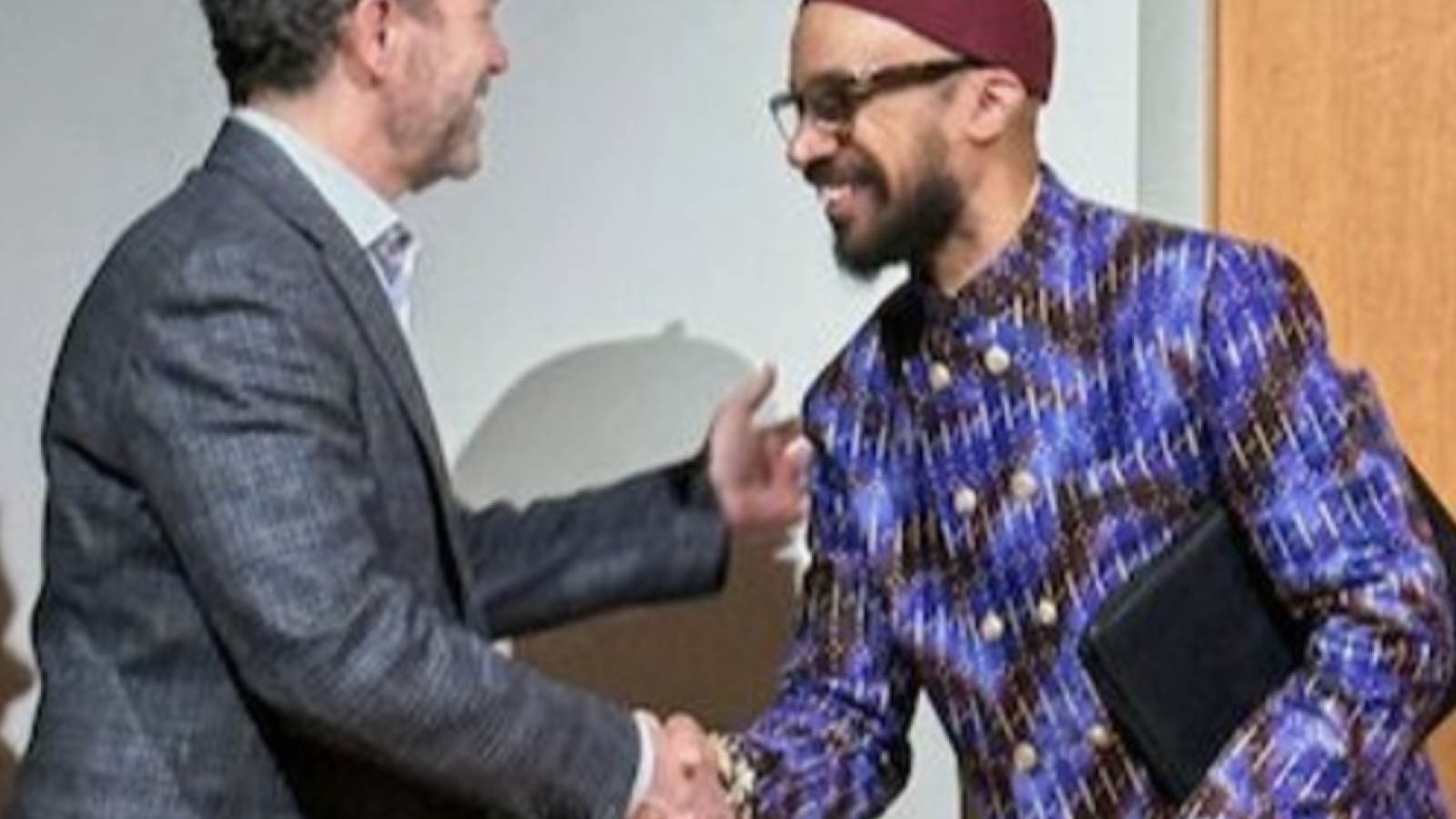Mission
The mission of the Center for African and African American Studies (acronym: the CAAAS, and commonly called the Cause) is to research, promote, preserve, interpret, and disseminate knowledge about the histories, cultures, and arts of Africa, African Americans, and the wider world of the African diaspora. With its emphasis on historical knowledge, cultural grounding, academic excellence, social responsibility, and artistic expression (à la the National Council for Black Studies, the Association for the Study of African American Life & History, and the Association for Black Culture Centers), the CAAAS promotes the production and dissemination of knowledge, personal and professional development, mentorship, leadership training, and advocacy for social change and social justice.
The Center for African and African American Studies has three major program areas: (1) research; (2) visual and performing arts; and (3) student services. Indeed, it is simultaneously a research center, cultural arts center, and student services center. However, students play, and consequently student-centered events and programming play, a central role in the CAAAS because our students are our future and conduits and creators of African, African American, and African diasporan culture for subsequent generations. In other words, even though the CAAAS has three major program areas, students are central to all of our programming and events, and they work closely with faculty and staff on CAAAS-sponsored scholarly, artistic, and community development projects.
Vision
The Center for African and African American Studies is a co-curricular and community-building space where students, staff, faculty, alumni, artists, activists, allies, and community members come together to critically and systematically study the historical, cultural, spiritual, sociopolitical, economic, and artistic experiences of Africans, African Americans, and the African diaspora.
Outcomes
CAAAS students, campus citizens, and community members will be able to:
- Explain the importance of Sankofa (Knowledge is power) and their intersecting identities in relation to historic and current African, African American, and African diasporan identities, histories, and cultures
- Describe the role, purpose, and importance of Ubuntu (interconnection) and broader conceptions of African, African American, and African diasporan family, community, and culture
- Explore the importance of Umoja (unity) and embrace a sense of selflessness, togetherness, and community-mindedness
- Explain the importance of Nea Onnim (the principle and practice of lifelong learning) and develop a viable plan for lifelong learning
- Explain the importance of Kuumba (creativity) and demonstrate an awareness of, and fluency in, African, African American, and African diasporan creativity, innovation, and cultural expression in STEAM (Science, Technology, Engineering, the Arts & Mathematics)
- Identify experiences, concepts, and resources that impact African, African American, and African diasporan health and wellness on the Boulder campus, in the Boulder community, and beyond
Governor Polis Proclaims Feb 1, 2023 as Center for African and African American Studies Day
(click here or click on the State of Colorado image, below, to read the proclamation)








